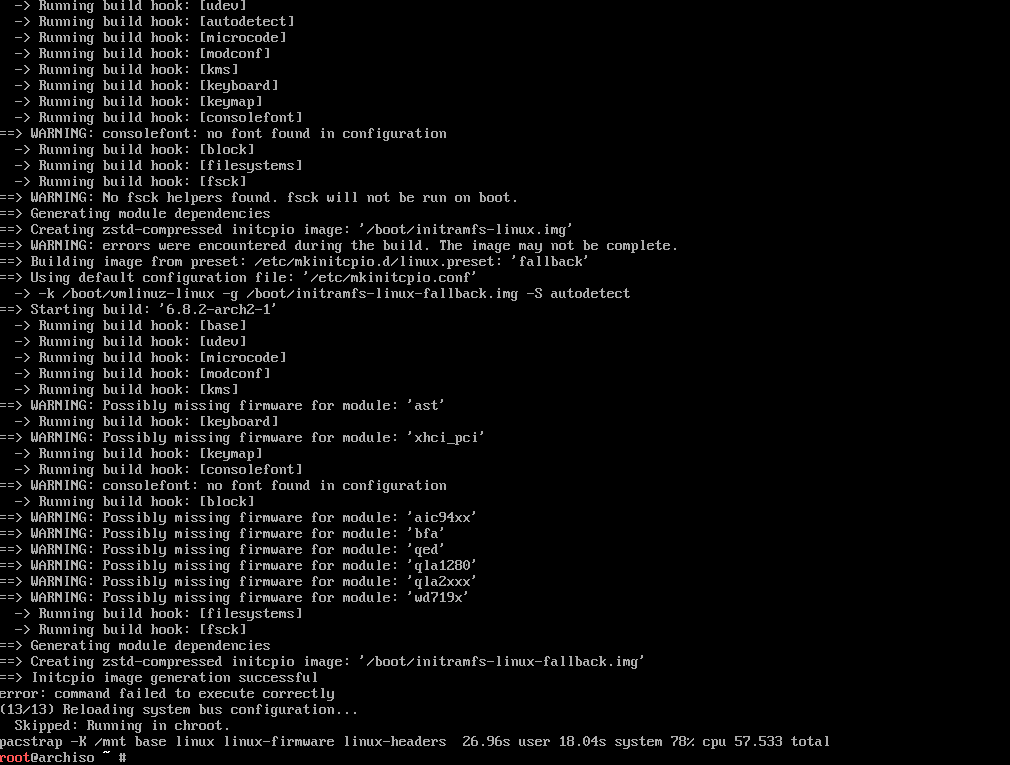Most games with anti-cheat refuse to run on Linux even if the anti-cheat itself supports it. And some anti-cheats just don’t work on Linux anyway, I believe the ones that do only support it by just not running when they detect they’re on Linux. If you’re interested you can check which games are supported here: https://areweanticheatyet.com/ but bear in mind it could change at any time (for example Rockstar broke GTAV a few weeks ago)
Infernal_pizza
Not the person you replied to but they’re probably talking about anti-cheat
If I switch to another tty and run echo $SHELL it returns /usr/bin/zsh so it looks like it’s just kde. I also just tried konsole and it does the same thing so it’s not an issue with kitty
That’s Thomas Wayne, Bruce is the kid he’s playing with at the gate
You wouldn’t notice because you’d be dead. Your clone wouldn’t notice because it would think it was you. Your friends and family wouldn’t notice because they’d think your clone was you.
I think it’s just that the water looks a bit like gravy?
It’s definitely not that for me as I’m on Nvidia!
Yes that’s pretty much it, there’s a strip around 3/4 of the way down both displays that has white line flicker across it whenever there’s any movement on either screen.
Yeah I’m definitely above the relevant versions for kde and Nvidia
That’s a good idea, I’ll try the endeavour OS live environment as that should be close enough to my setup
How would I tell if that’s the case? And I guess there’s nothing I can do about it if that is the cause?




Why do AMD always have such a terrible response to these vulnerabilities? The article seems to suggest they’ve just decided to ignore this. They almost left zen 2 CPUs out of the Sinkclose fix and they took ages to release the Zenbleed fix for consumer CPUs despite it being available for enterprise ones when the vulnerability was released. And their microcode patches on Linux are only for server CPUs, desktop CPUs have to hope that their motherboard vendor releases a firmware update fairly quickly